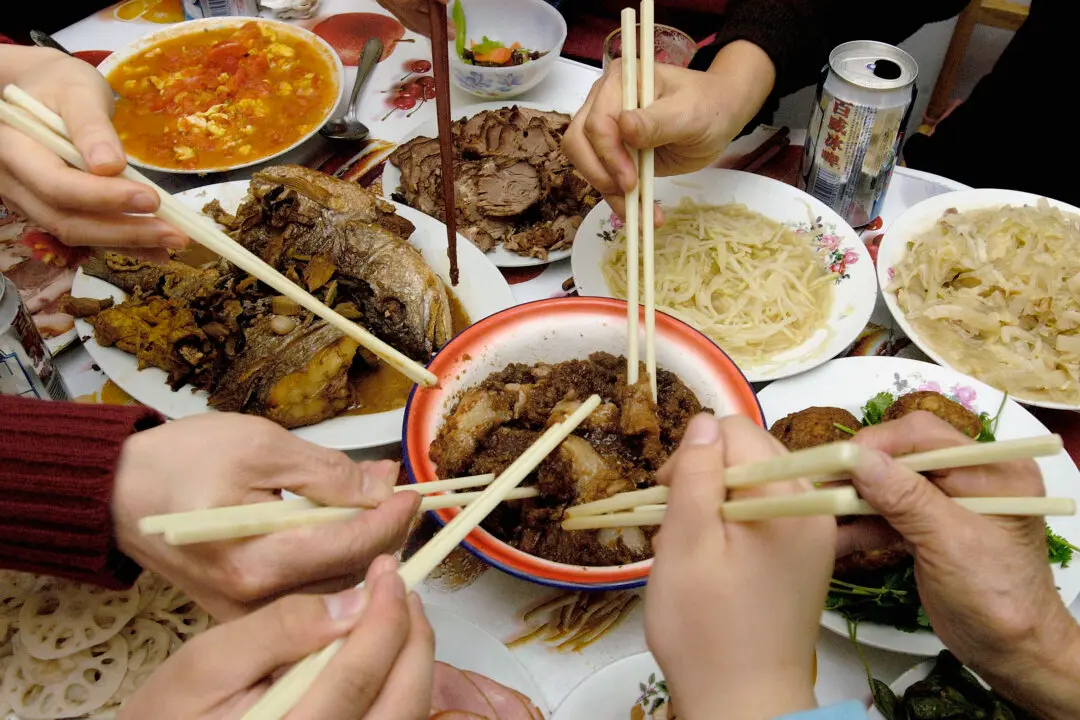The British government has temporarily suspended parts of a competition law on Sunday evening as the country grapples with a fuel crisis caused by lorry driver shortages and panic buying.
The decision comes after Business, Energy, and Industrial Strategy Secretary Kwasi Kwarteng met with oil companies and retailers on Sunday to address another day of continued queuing for the pumps, with thousands of petrol stations running dry.





